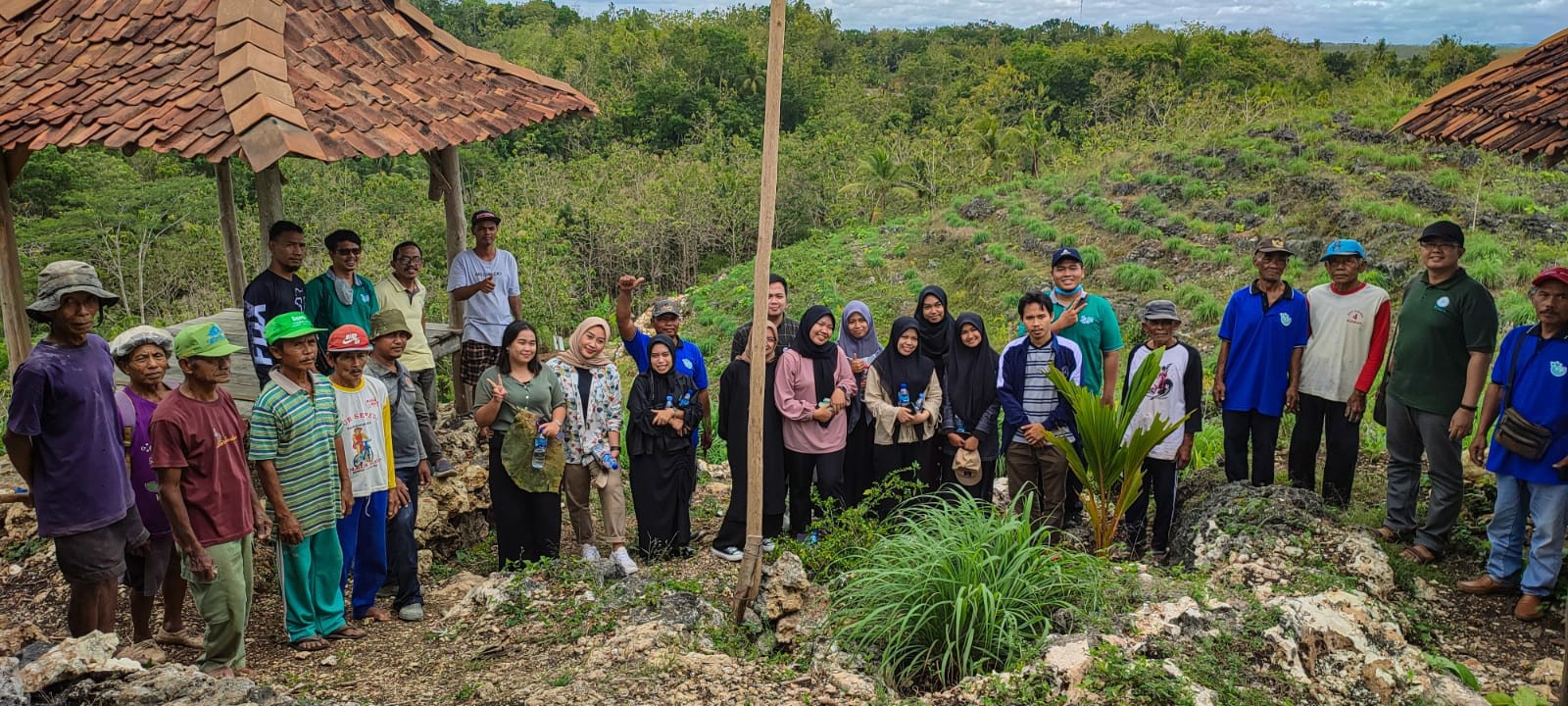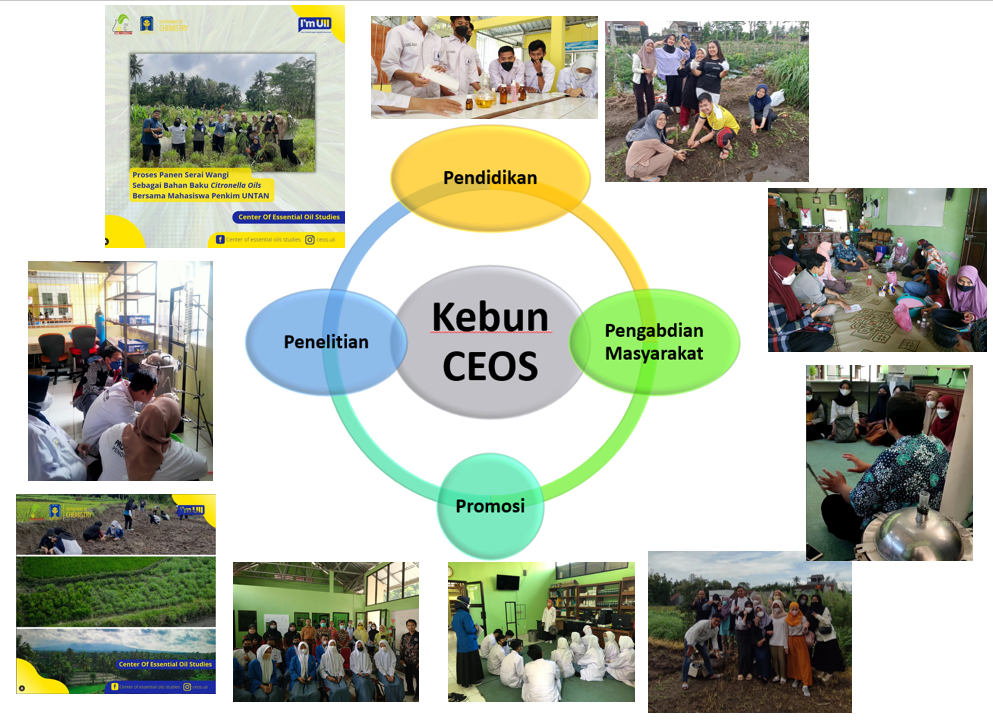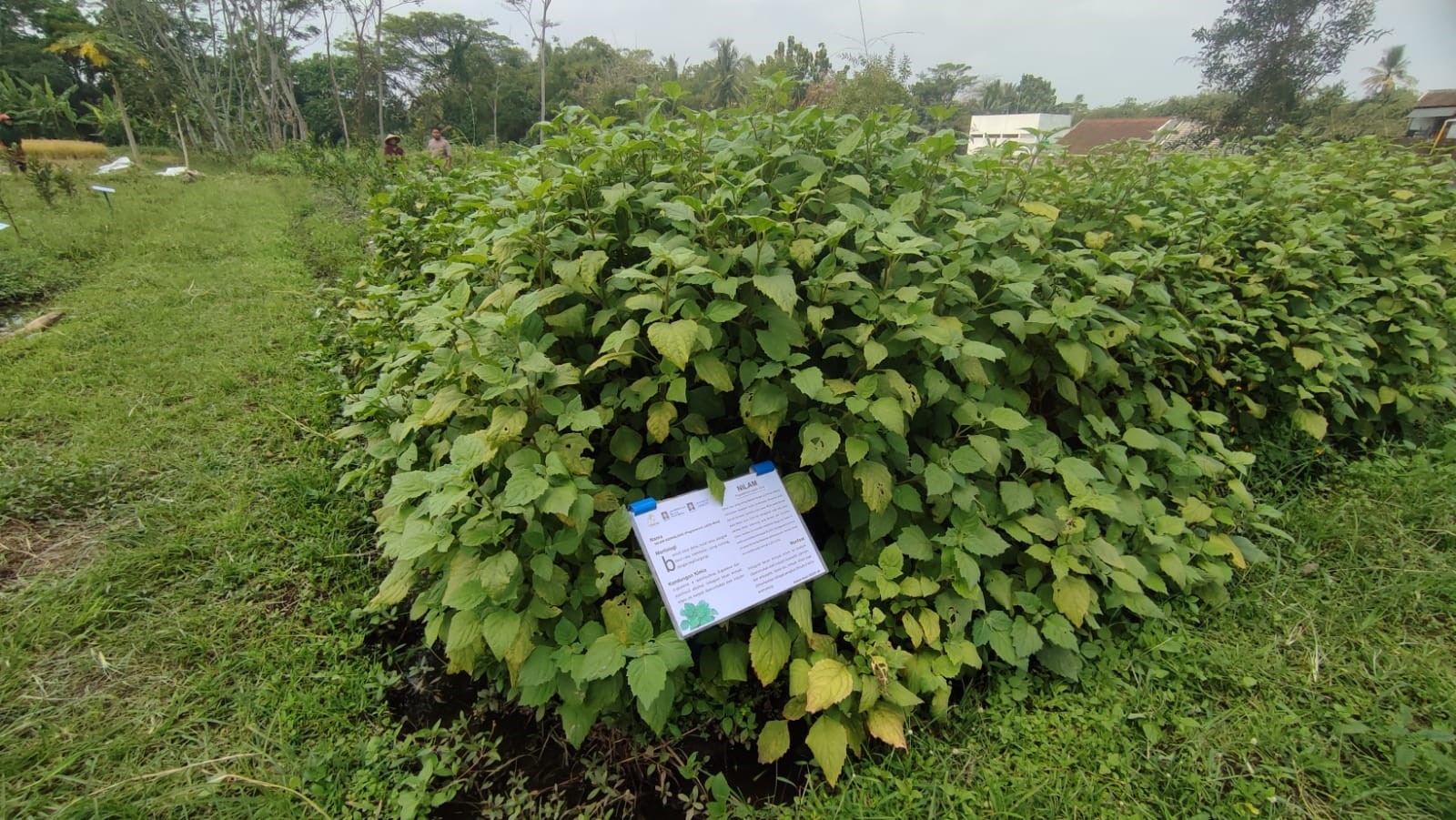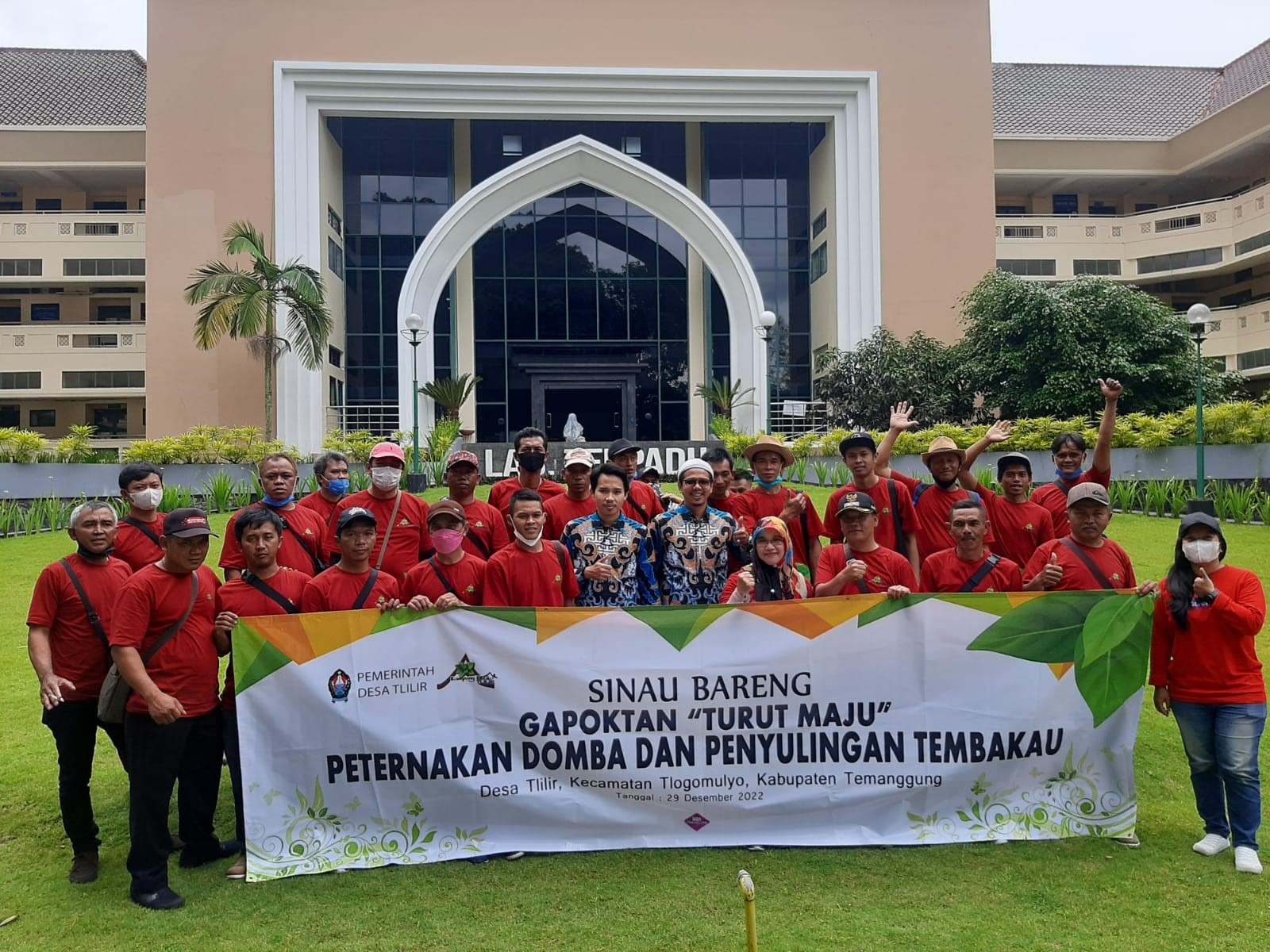Dwiarso Rubiyanto, Habibi Hidayat, Muhammad Miqdam Musawwa, Matkli Dimas Astrianto S, Haryoko Pangestu
About CEOS
Center of Essential Oil Studies (CEOS) is a study center within the Islamic University of Indonesia Yogyakarta engaged in the isolation of essential oils and the development of derivative compounds. In real terms, the existence of CEOS UII has been recognized through various activities carried out by CEOS by involving people related to essential oil processing in the fields of: process / technology, chemical, pharmaceutical and health, marketing, essential oil farmers / producers and financiers. Activities in the form of workshops, training, seminars, and mentoring are outlined in several MoUs. The general public such as farmers, traders and financiers as well as the academic community such as lecturers, students, teachers and students are layers of society that have been invited to work together.
Essential oil is a type of oil obtained from plants. Essential oils have a distinctive smell according to the type of plant; Some are soft fragrant, some are pungent and even smell unpleasant for those who are sensitive to smell. Essential oil is one type of material in the form of oil composed by a mixture of organic compounds which are mostly classified into terpenoid compounds.
Indonesian essential oil is one of the economic commodities that has existed since the Dutch colonial era and is one of the traditional industrial products worldwide. However, there are still many people who do not recognize it or even cannot distinguish essential oils from other types of oils until now.
Indonesia is one of the most famous essential oil producing countries in the world. The types of Indonesian essential oils that have entered the international market include patchouli, cloves, citronella, vetiver, ylang-ylang, ginger, nutmeg, agarwood, sandalwood and others. The diversity of plants that produce essential oils is estimated to be hundreds of species belonging to various plant families such as Labiatae, Lauraceae, Graminae, Myrtaceae, Umbiliferae and others.
The perfume/fragrans, flavors, soaps, medicines, cosmetics and others industries are the largest users of essential oil commodities in addition to direct use in agriculture, health, beauty and aromatherapy
Figure 1. The CEOS team conducted study visits to Shafaluna, Dlingo, Bantul
Kebun Atsiri (Essential Oil Garden)
Since 2022, CEOS has managed land in Kembangan village, Pakem, Sleman. Kebun Atsiri has several varieties of plants such as patchouli, citronella, eucalyptus, rose, ginger, kaffir orange. The CEOS Farm has an area of ± 800 m2. Kebun Atsiri is designed to support several activities including education (learning) in the form of lectures and practicum, research, community service and promotion. One of the educational activities that has been carried out is the MBKM program with the Chemistry Education Study Program of Tanjungpura University, West Kalimantan. This program is carried out for 1 month, namely in October – November 2022. Student activities carried out in the Essential Garden include the introduction of essential plants, preparation of land and seedlings, planting and harvesting essential plants. Distillation of essential oil plants is also carried out in the essential oil laboratory, Department of Chemistry UII. In addition to the implementation of the MBKM program involving agencies outside UII, the learning process that has been carried out is the essential oil practicum which is carried out every even semester. Learning in essential oil practicum begins with an introduction to plants in the Essential garden. Students also harvest their own essential plants before distilling. The Essential Garden is a complementary facility to learn about essential oils in the chemistry department, so that essential oil learning is more comprehensive. In the Department of Chemistry UII, students can learn essential oils from upstream to downstream, starting from seed selection, land preparation, planting to developing essential oil products.
Figure 2. Some activities supported by the existence of Kebun Atsiri CEOS
In the field of research, lecturers and students have produced many research publications, both published in national and international journals. The study of essential oils in the chemistry department is quite diverse, ranging from activity studies in the medical field to energy. Among the titles that have been published include Combinative extraction of nutmeg seed essential oil (Myristica fragrans) and black cumin essential oil (Nigella sativa) as anti-inflammatory agent and Identification of Citronella Oil Fractions as Efficient Bio-Additive for Diesel Engine Fuel.
Figure 3. Patchouli Plants in Kebun Atsiri CEOS
Kebun Atsiri also facilitates Community Service activities both inbound and outbound. Inbound PKM activities that have been carried out are visits from SMK N 1 Panjatan Kulon Progo, DIY, visits from the Working Group of the Tobacco Farmers Community in Tlilir village, Temanggung. The visit was in the context of a comparative study of the development of essential plants in their respective regions.
Figure 4. Visit of Gapoktan (Union of Farmer Groups) Tlilir village, Temanggung
As a promotional medium, CEOS opens space for anyone who wants to learn about essential oils both from academics, school students, essential oil business people, community groups and so on. CEOS has toured several times targeting students and farmer groups / communities in the community. The promotion aims to introduce essential oils and UII institutionally and especially the Department of Chemistry UII to the wider community. With various inbound and outbound activities, participants will get to know essential oils and UII. Advantages with the existence of self-managed essential gardens, the introduction of essential oils can be more comprehensive. Introduction to essential oils can be started from the type of plant and the method of planting. These two things are very influential on essential oil products. The existence of Essential Gardens is expected to provide wider benefits, in accordance with UII’s vision as rahmatan lil’alamin.




